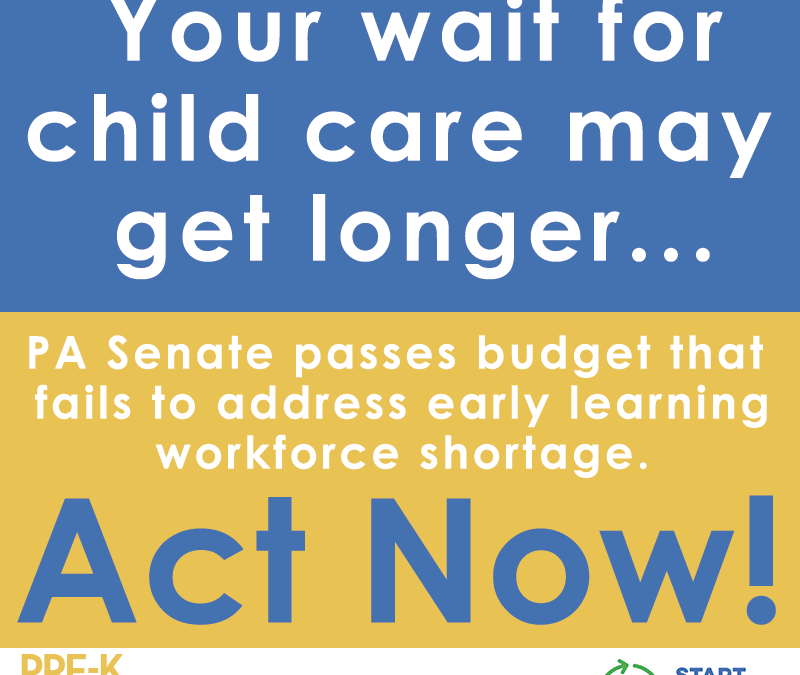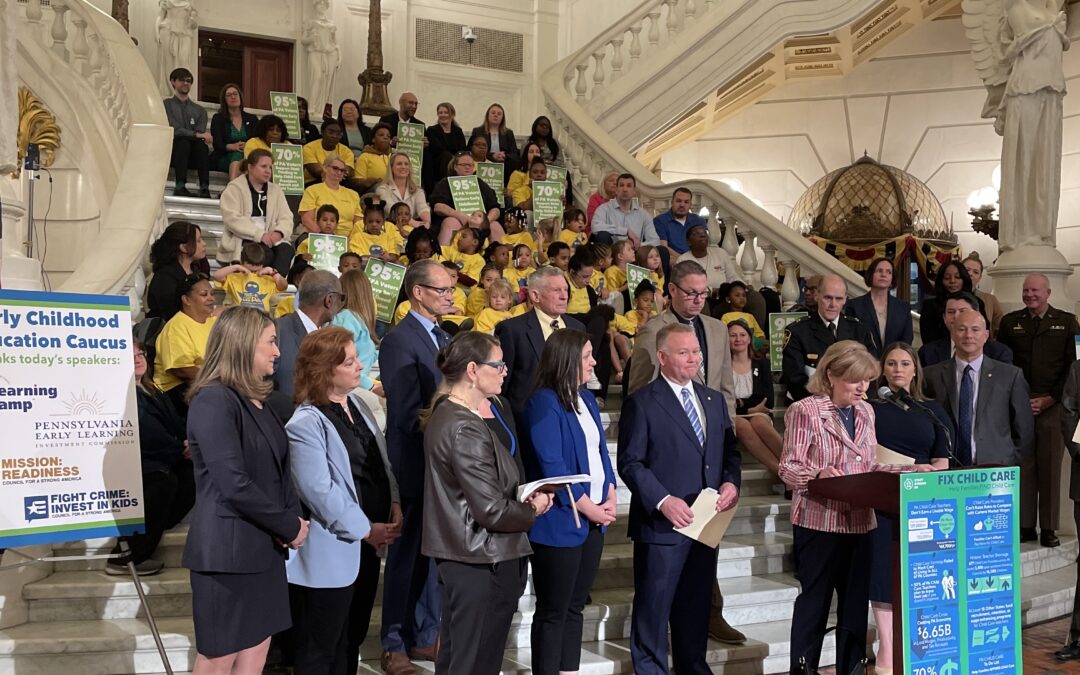

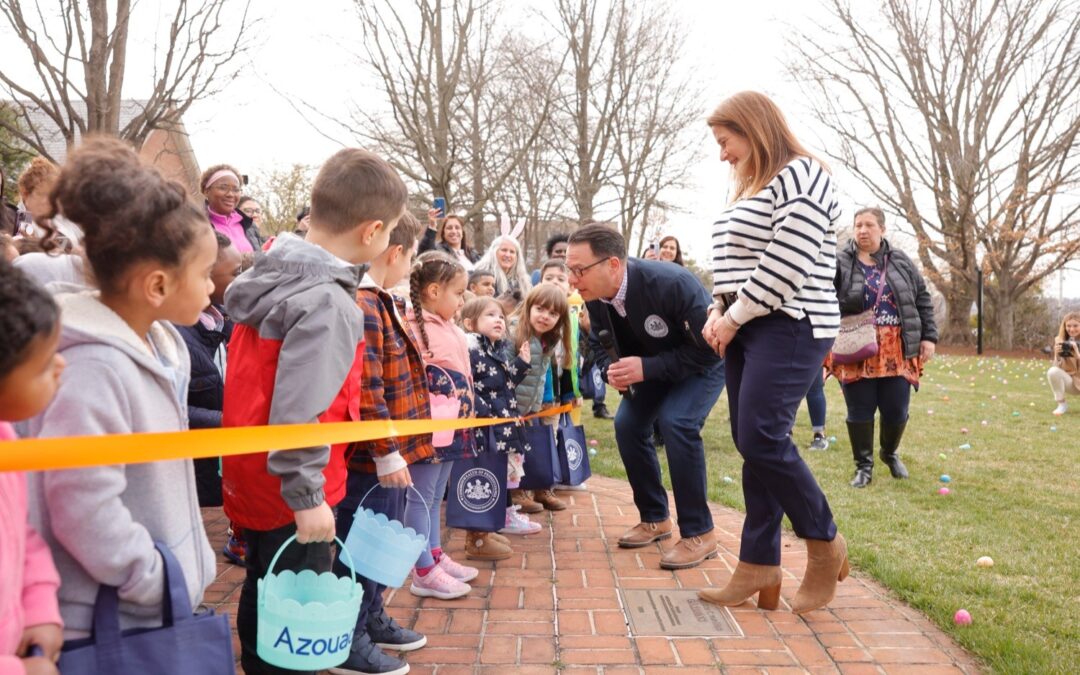
Governor and First Lady Shapiro Welcome Pre-K Students at Residence for Annual Easter Egg Hunt; Show Support for Early Learning Investments Across the Commonwealth
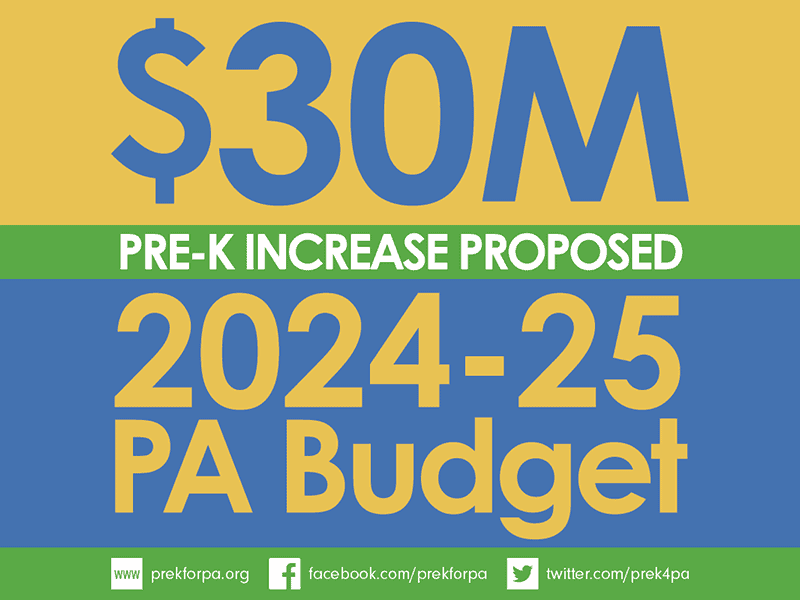
Shapiro Budget Offers Progress
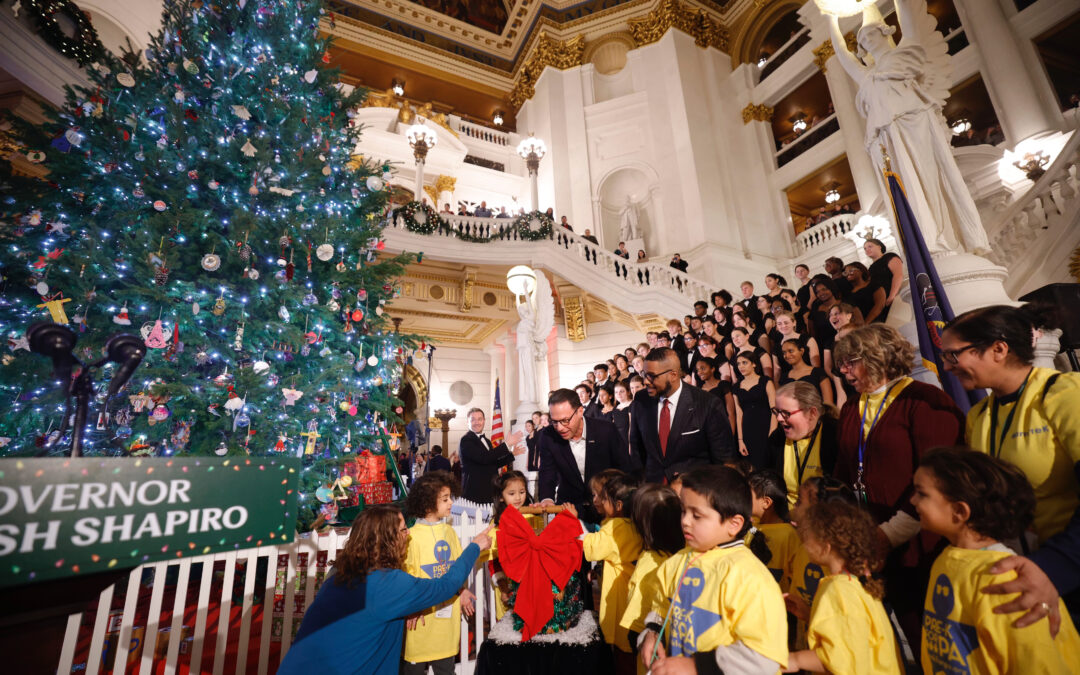
Pre-K Students Join Gov. Shapiro and Lt. Gov. Davis at Tree-Lighting Ceremony
State Budget Fails to Significantly Invest in Early Care and Education Amid Historic Labor Shortage
